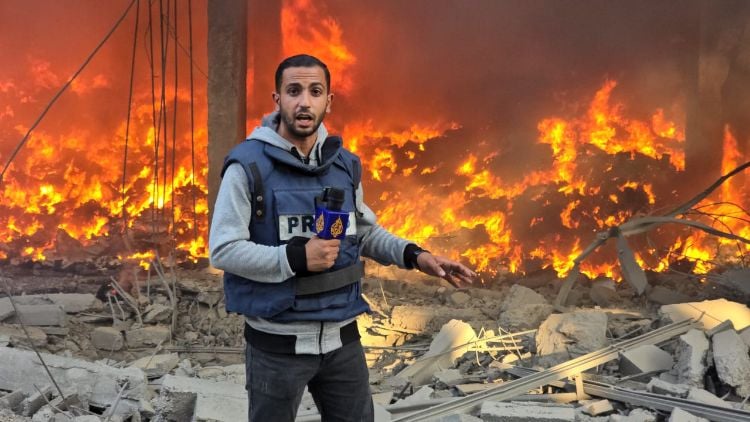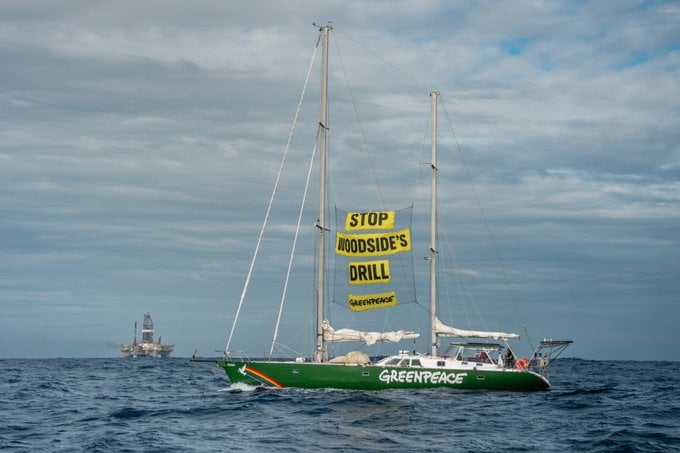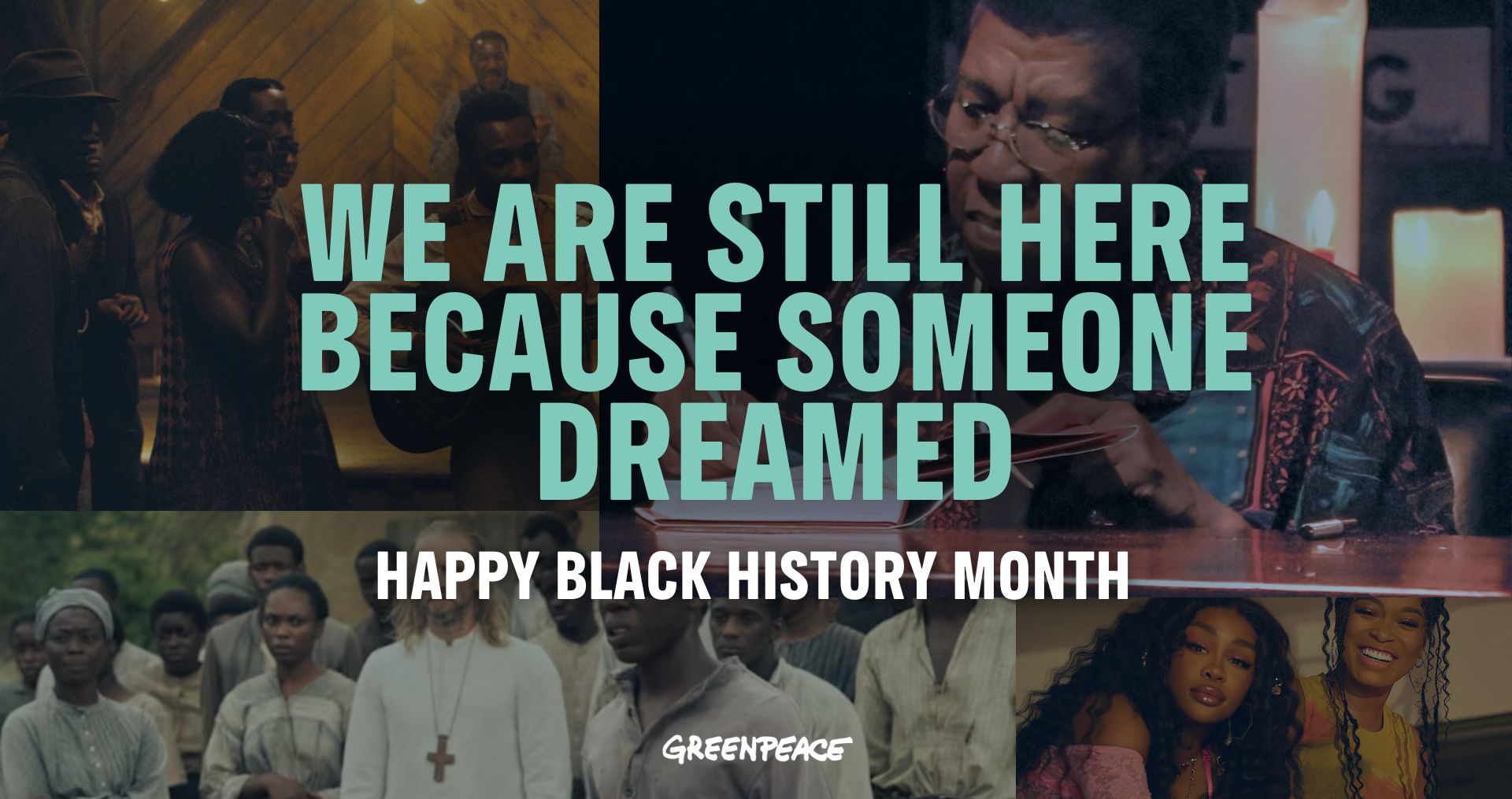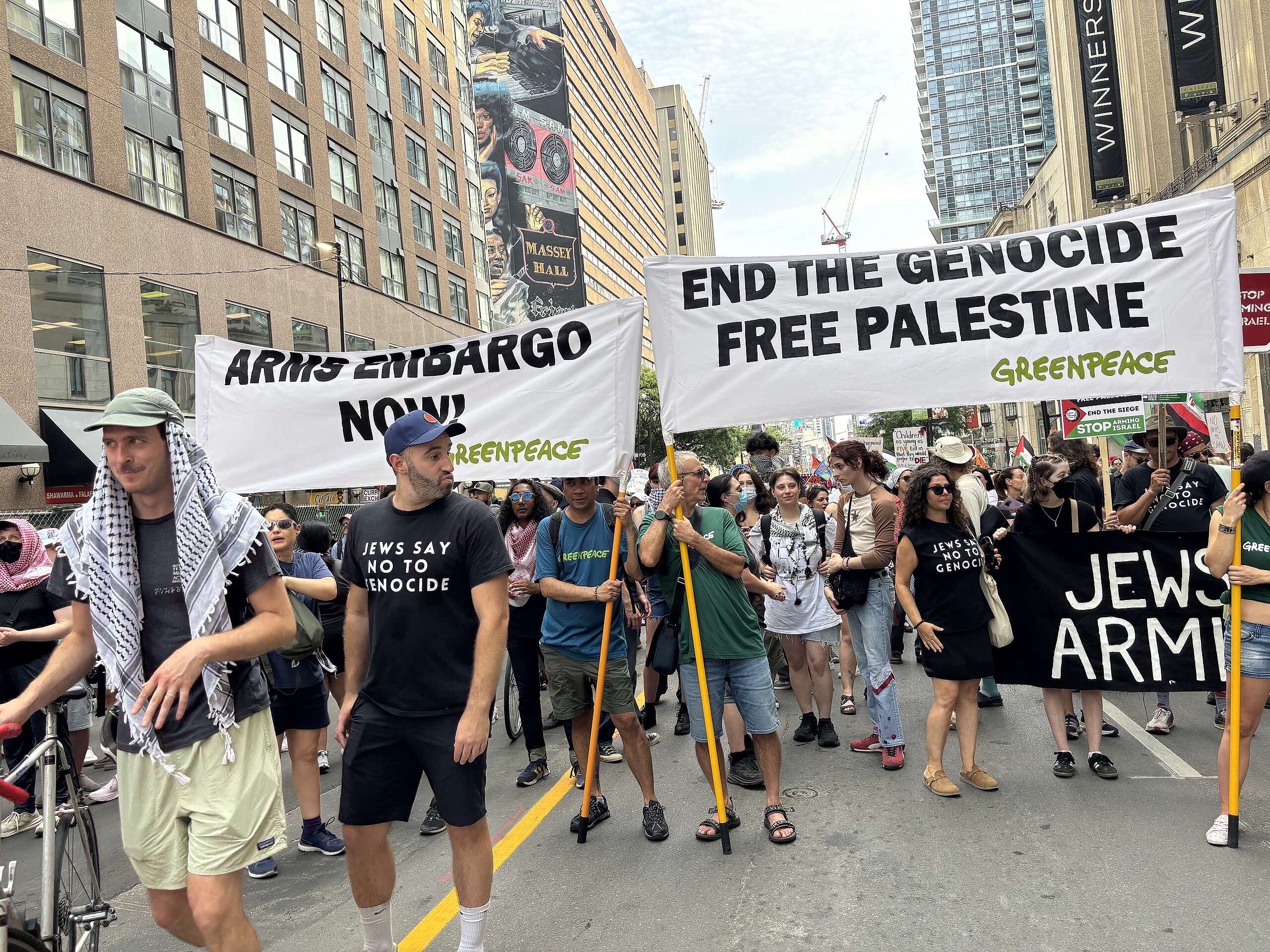On 10 August 2025, Anas al-Sharif, a prominent Al Jazeera Arabic correspondent, was assassinated in a deliberate Israeli airstrike on a media tent outside Al-Shifa Hospital in Gaza City. The strike also claimed the lives of four of his colleagues and two civilians, including his nephew.

In the aftermath of the strike, attempts were made to portray al-Sharif as a legitimate target. Press freedom groups, international observers, and his colleagues at Al Jazeera rejected these narratives outright, calling them a transparent effort to justify the killing of a journalist whose reporting had become indispensable in telling Gaza’s story..
Just before his death, Anas al-Sharif posted a video from Gaza City documenting the intense bombardment around Al-Shifa. After his passing, his final words spread across social media:
“If these words reach you, know that Israel has succeeded in killing me and silencing my voice… Don’t forget Gaza.”
His killing is a stark reminder that local journalists are often the last eyes and ears for the world in places where international media are blocked.
At Greenpeace, bearing witness is not a slogan, it is the heart of who we are. From our founding, we have embraced the Quaker concept of bearing witness: a form of active, non-violent resistance rooted in being present where injustice or environmental destruction is happening, documenting it with rigour and humanity, and sharing those truths so they cannot be ignored.
As our founders put it:
“Bearing witness… was a sort of passive resistance: You go to the scene of an objectionable activity to register your opposition by your presence.”
Anas al-Sharif embodied this principle in one of the most dangerous environments on Earth. He kept his camera rolling when it would have been easier and far safer to turn away. This same ethos guides our work today: from confronting illegal fishing to revealing oil spills and pipeline leaks. Our vessel Oceania, for example, was deployed to “bear witness, collaborate with communities, and take peaceful direct action against big polluters.”

Killing a journalist is not just the silencing of one voice. It is an attack on the public’s right to know, an attempt to break the chain of witness that links those experiencing injustice to those with the power to stop it. Every time a reporter like Anas is targeted, the world loses a lens through which we understand our shared reality.
You only target journalists and bearing witness activists when the truth is your enemy.
Canadian journalists, whether covering climate disasters, Indigenous land defence, or international conflicts, know that the act of witnessing is a public trust. That trust is under attack when governments or armed forces treat truth-tellers as threats. We call on journalistic associations in Canada, including the Canadian Association of Journalists (CAJ), to condemn Israel’s continued killing of journalists publicly and to denounce the spread of fabricated claims about Palestinian journalists, which endanger their lives. That solidarity must be loud, visible, and sustained, not only in expressions of sympathy, but in demands for accountability, protection, and justice.
Anas al-Sharif’s death serves as both a poignant reminder and a poignant challenge to those who defend the truth. For Canadian journalists, that means standing together not only when one of your own is targeted, but whenever any journalist, anywhere, risks everything to bear witness for us all.



